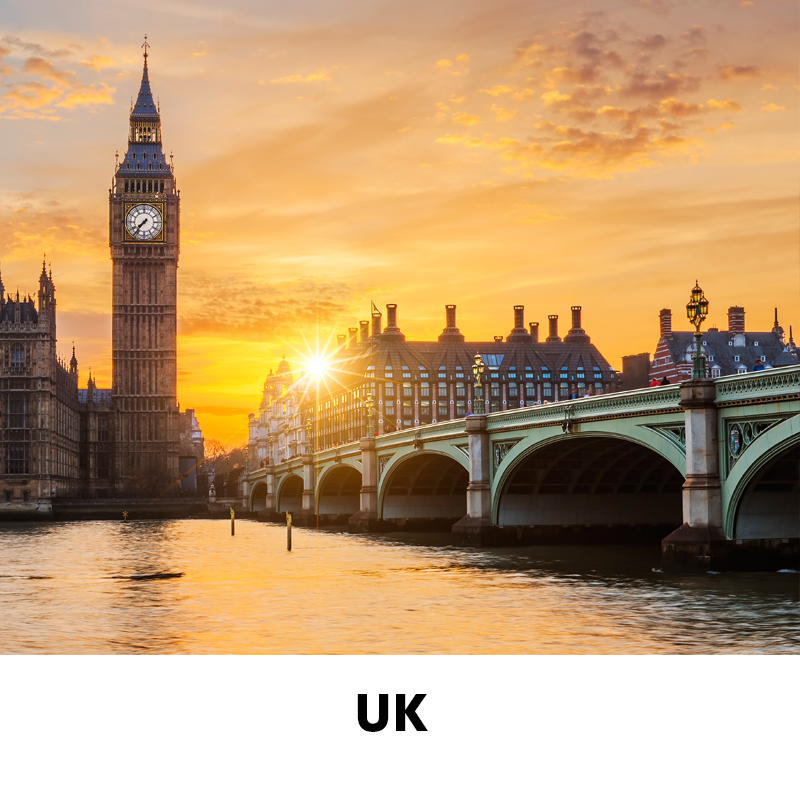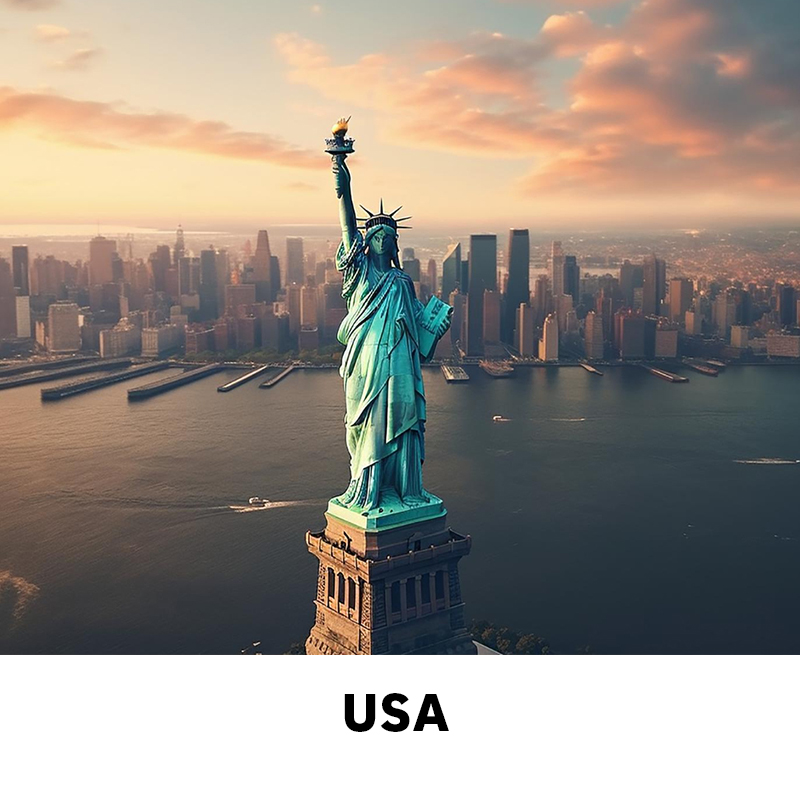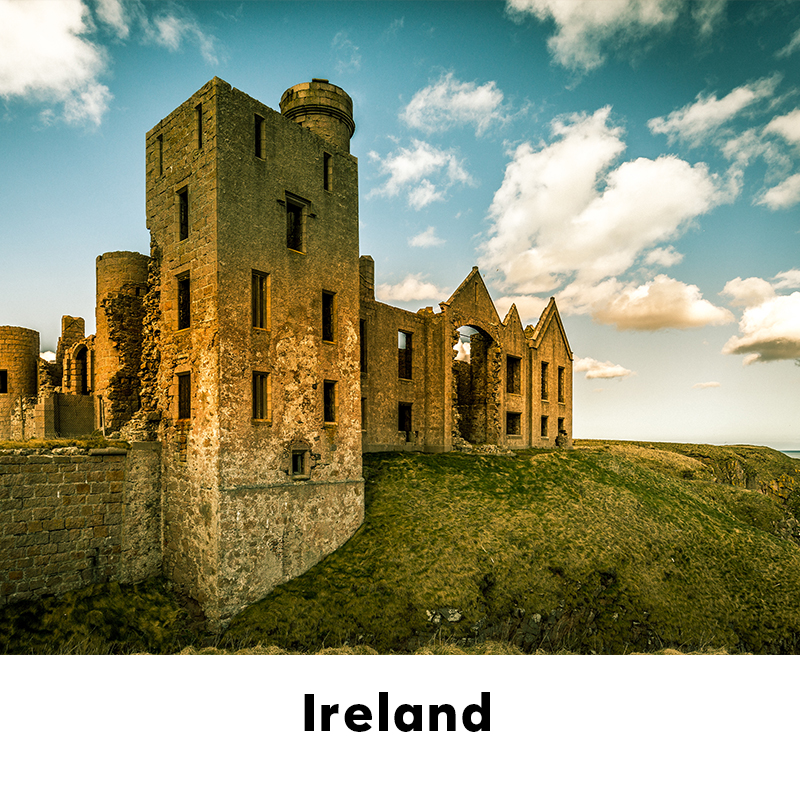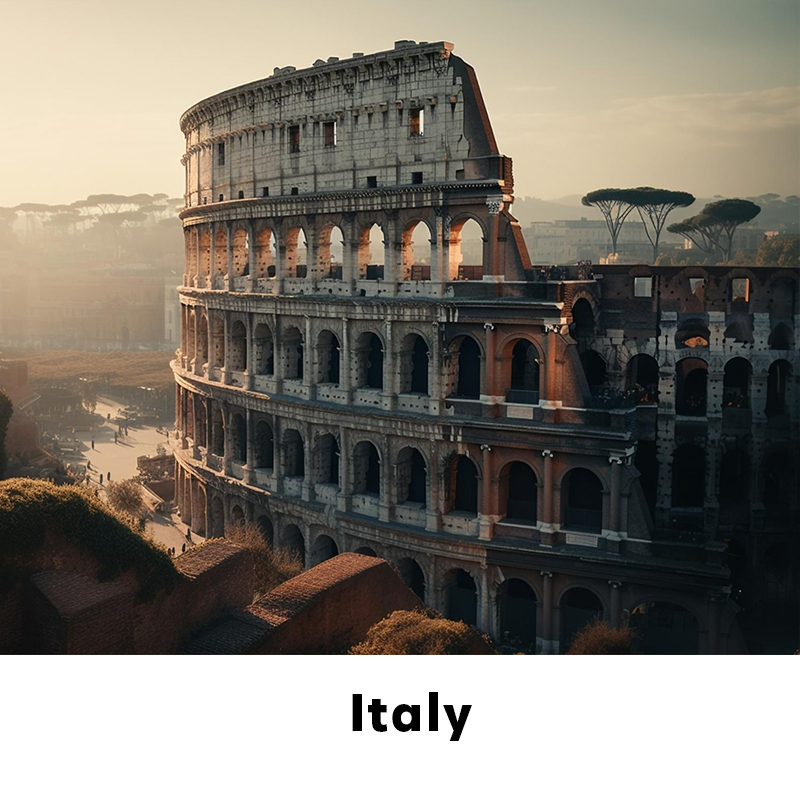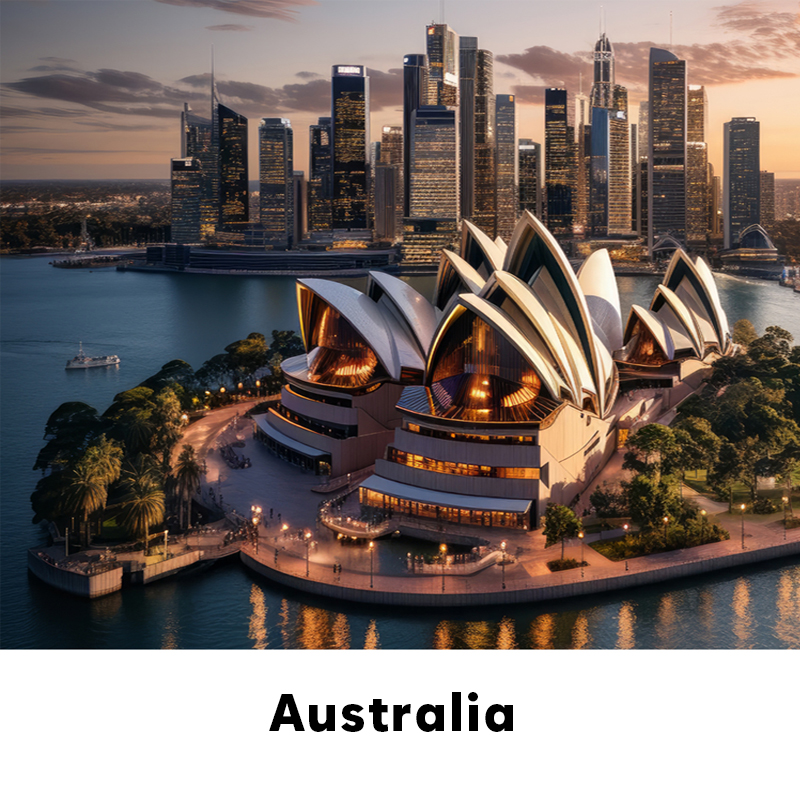Study in Canada: Facts about Canada
- Due to various reasons, Canada occupied the top position as the study abroad destination for students from various countries including india, Nepal, chaina, Bangladesh etc.
- 26 Canadian institutions are counted among the best in the world, according to Times Higher World University Rankings 2018
- Canadian education is cheaper than the USA application process is simple and more opportunities for Permanent Residency
- Toronto is the Canada's largest city and is a global centre for business, finance, arts and culture and is consistently ranked one of the world's most liveable cities.
- Though Canada is the 2nd largest country in the world geographically after Russia, it is less densely populated
- The Canada citizens are very polite. Hence Canada is well known as a polite country
- A progressive country with a great progress in gender equality and equally treats the foreigners along with their citizens
- Canada is joyful country with full of outdoor destinations having the skiing, snowboarding hiking, mountain-biking, rock-climbing, camping, and snow-shoeing and many more
- They Canada citizens are extremely kind and friendly in nature Part time and post study work in Canada
- Students are allowed to work part-time for 20 hours when the classes are ON and full-time during semester breaks.
- Students upon graduating from the colleges/universities in Canada with a post-secondary diploma advance diploma, bachelor's degree, post graduate diploma or a masters degree may apply for c visa extension to work and gain professional experience in Canada. Depending on the duration a your program, you may be eligible for PGWP (Post Graduation Work Permit) from 1 year to 1.5 years of to a maximum of upto 3 years. You have up to 180 days after you graduate to apply for a PGWP
Why Study in Canada?
Canada is the place to be with affordable tuition fees, plenty job opportunities and globally recognized degrees, Canada with part-time work permit, easy immigration policy, and high quality life, it has become as a popular destination for international students, including from India.
Some key features of the higher education in Canada are:
- High-Quality Education
- Affordable Tuition fees
- World-ranking universities
- 15 years of education accepted
- Safe & Welcoming country
- Easier settlement opportunities
- No GRE/GMAT required
- Post Study work visa
- Diverse culture
Education System in Canada
More than 130.000 international students come to study in Canada every year because of the affordable and quality education, easy immigration system. Education in Canada is both publicly and privately funded and is controlled by the Provincial governments like we have state board for every state with a bit of Federal say in it. The Canadian academic year typically runs from September through to June every year.
Academic Year
Universities in Canada accepts the international students during September and January every years where as the colleges accepts in September, January and May every year.
The institutions in Canada are categorized into the following:
Universities:Canadian higher education system is distinctly marked by institutions which are publicly funded. They offer the following programs in different fields
Community CollegesThey are again publicly funded institutions with career and jobs focus & train students to join the industry immediately Types of Programs.
- M.Eng-Master of Engineering-Degrees that require coursework and a project, with the coursework being the major component.
- MASC-Master of Applied Science - Degrees that require coursework and a thesis, with thesis being the major component. Typically takes 2 years to complete and students can apply for scholarships for these degrees.
- Post-Secondary Diplomas-2 years in duration
- Advance Diplomas-3 years in duration
- Graduate Certificates/Post Graduate Diplomas - 1 or 2 years in duration
- IELTS (academic) of overall 6 with no band less than 6
- Upfront one tuition fee payment to the DLI (Designated Learning Institution)
- One year living expenses to be transferred and GIC (Guaranteed Investment Certificate) to be obtained
- Visa outcome in 15-to-20-day time and the visa approval rate is very high
English proficiency: For PG Diplomas it is usually 6.5 overall with no band less than 6 and few colleges will accept 6.0 overall with no band less than 6 and for UG Diplomas it is 6 overall with no band less than 6.
SDS and NON SDS (Study Direct Stream):The Student Direct Stream (SDS) is an expedited study permit processing program for those who are applying to study in Canada at a post-secondary designated learning institution (DLI). Conditions to be eligible to apply for a study permit under the SDS route are:
Non-SDS:If you do not meet any of the above 3 conditions, you have to apply for a visa under the non-SDS route which allows you to study in Canada. This process usually takes a longer time than the SDS and visa approval rate is relatively low too.
















